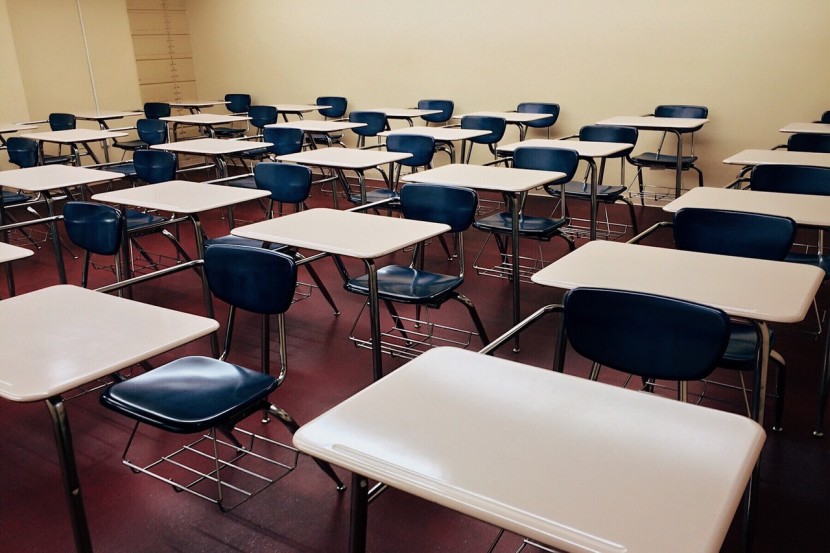COVID-19 has significant social and economic consequences that affect every part of the nation, including private educational institutions.

Pandemic Accelerated the Closure of Private Schools
In a recently published article in Education Next, the Covid-19 pandemic has hastened the closure of urban Catholic and other private schools due to financial constraints and declining enrolment.
Many private school students come from middle-income and low-income families, contrary to common belief, and many private schools are specifically devoted to servicing them. School authorities should make sure to intensify their campaigns to attract parents and students.
The narrative of how the pandemic has impacted private schools is incomplete without such closures. However, the story is not completely one of failure. Other schools have successfully delivered comprehensive remote learning by using their autonomy, flexibility, and strong family and community connections.
Recommendations to Increase and Retain Students in Private Schools
It is beneficial to consider wide social and economic requirements. It is critical to strengthen the social safety net; it would be preferable to avoid individuals from requiring it in the first place. Maintain a steady income and job, according to Brookings.
In a published article from ISM, here are some steps private schools can do amid the pandemic:
1. Stakeholders Should Be Well-Informed
Stakeholders include the community, parents, students, teaches, school administration, and other important persons. The person assigned in the testing, admission, and school campaign should make sure that stakeholders are well-informed about what the school offers during this time.
This is the time that this person should exemplify how to be innovative in implementing different strategies. He or she needs to consult the stakeholders and must conduct further research.
2. Tuition Strategy
As long as schools are proactively creating and implementing remote learning, they should not feel obliged to return prepaid tuition or forego collecting tuition for the rest of the year. Even when school buildings are closed, learning continues. Extra costs for activities and services such as sports, clubs, meals, and so on should be reimbursed if the school charges them. If your tuition is all-inclusive, however, no return is needed or suggested.
3. Schools Should Be Flexible
The school administration must recognize that this is a global crisis. The usual regulations are no longer valid. Everything may not fit into the usual budget "buckets"; therefore, flexibility and adaptability will be essential for the rest of the school year. Prepare the Board of Directors and the Finance Committee for these new conditions, and make sure your head and instructors are aware of them.
4. Be Prepared
This entails adopting measures to avoid future pandemics and improve reaction times, as well as placing ourselves in a strong long-term position to recover. The least important of them is preparation, but it turns out that there are numerous solutions out there, particularly in education, that meet several requirements at once. Policies that encourage both stability and stimulation, as well as preparedness, should be high on the priority list.
COVID-19 is a pandemic that has spread across the globe. This tragedy will undoubtedly teach us a lot, and many company models will alter as a result. This will require adaptability, and it will almost likely be expensive.
Related Article : Connecticut Teachers Call for Remote Learning After Thanksgiving








